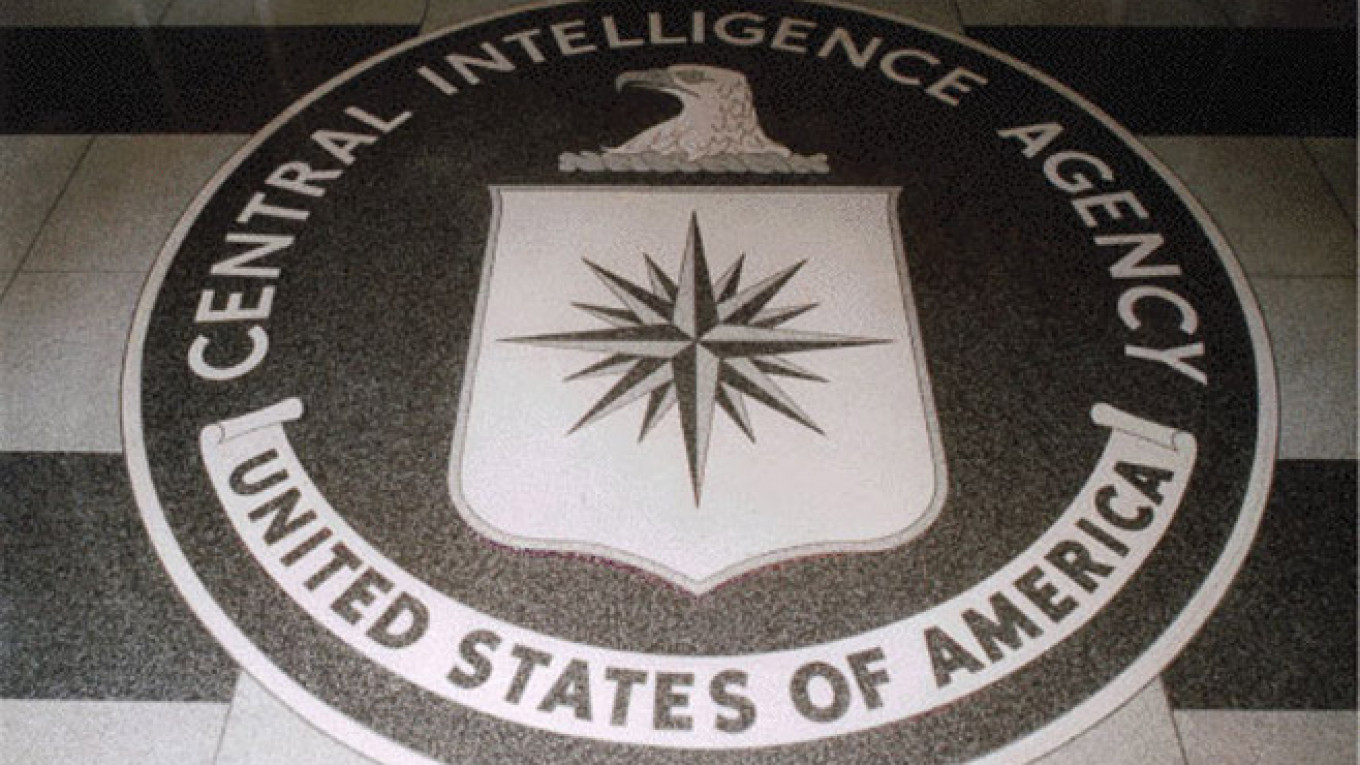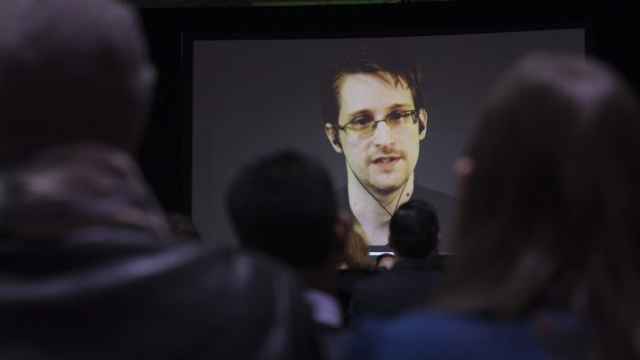A Russian court on Thursday sentenced a former police officer to 15 years in prison for sharing classified information with the U.S. Central Intelligence Agency and accepting in exchange a 37,000 euro payment hidden in a rock, state media reported.
Roman Ushakov was a police major in the Siberian region of Krasnoyarsk when he passed a coded Interior Ministry message to a CIA handler, state news agency RIA Novosti reported, citing prosecutor Viktor Antipov.
"He gave the information that he had access to and that interested the Americans," Antipov was quoted as saying.
As payment for Ushakov's deed, the handler reportedly told him where to find the rock filled with money and a message thanking him for his work.
Ushakov headed out with a flashlight one evening to search for the rock, but as soon as he found it he was detained by Russian authorities, RIA Novosti reported.
He was tried and convicted of treason, and will now serve out his sentence in a strict regime penal colony, after which he will have two years' probation, the news agency reported.
Ushakov's case is not the first in Russia involving a rock and a Western intelligence agency.
In 2006, a so-called "spy rock" scandal unfolded in the international media, with Russian authorities accusing four British diplomats of using a hollowed-out rock that contained an electronic transmitter to collect intelligence from a Russian informant on the outskirts of Moscow.
Russian television broadcast video purportedly showed one British agent kicking the football-sized rock when it didn't work, and another agent picking it up and walking away with it, British newspaper The Telegraph reported.
Six years after the incident, Jonathan Powell, who was Britain's chief of staff during the scandal, admitted on BBC television that the spy rock was real.
"Clearly they had known about it for some time and had been saving it up for a political purpose," Powell said on British television, according to The Telegraph report.
Contact the author at p.spinella@imedia.ru
A Message from The Moscow Times:
Dear readers,
We are facing unprecedented challenges. Russia's Prosecutor General's Office has designated The Moscow Times as an "undesirable" organization, criminalizing our work and putting our staff at risk of prosecution. This follows our earlier unjust labeling as a "foreign agent."
These actions are direct attempts to silence independent journalism in Russia. The authorities claim our work "discredits the decisions of the Russian leadership." We see things differently: we strive to provide accurate, unbiased reporting on Russia.
We, the journalists of The Moscow Times, refuse to be silenced. But to continue our work, we need your help.
Your support, no matter how small, makes a world of difference. If you can, please support us monthly starting from just $2. It's quick to set up, and every contribution makes a significant impact.
By supporting The Moscow Times, you're defending open, independent journalism in the face of repression. Thank you for standing with us.
Remind me later.






